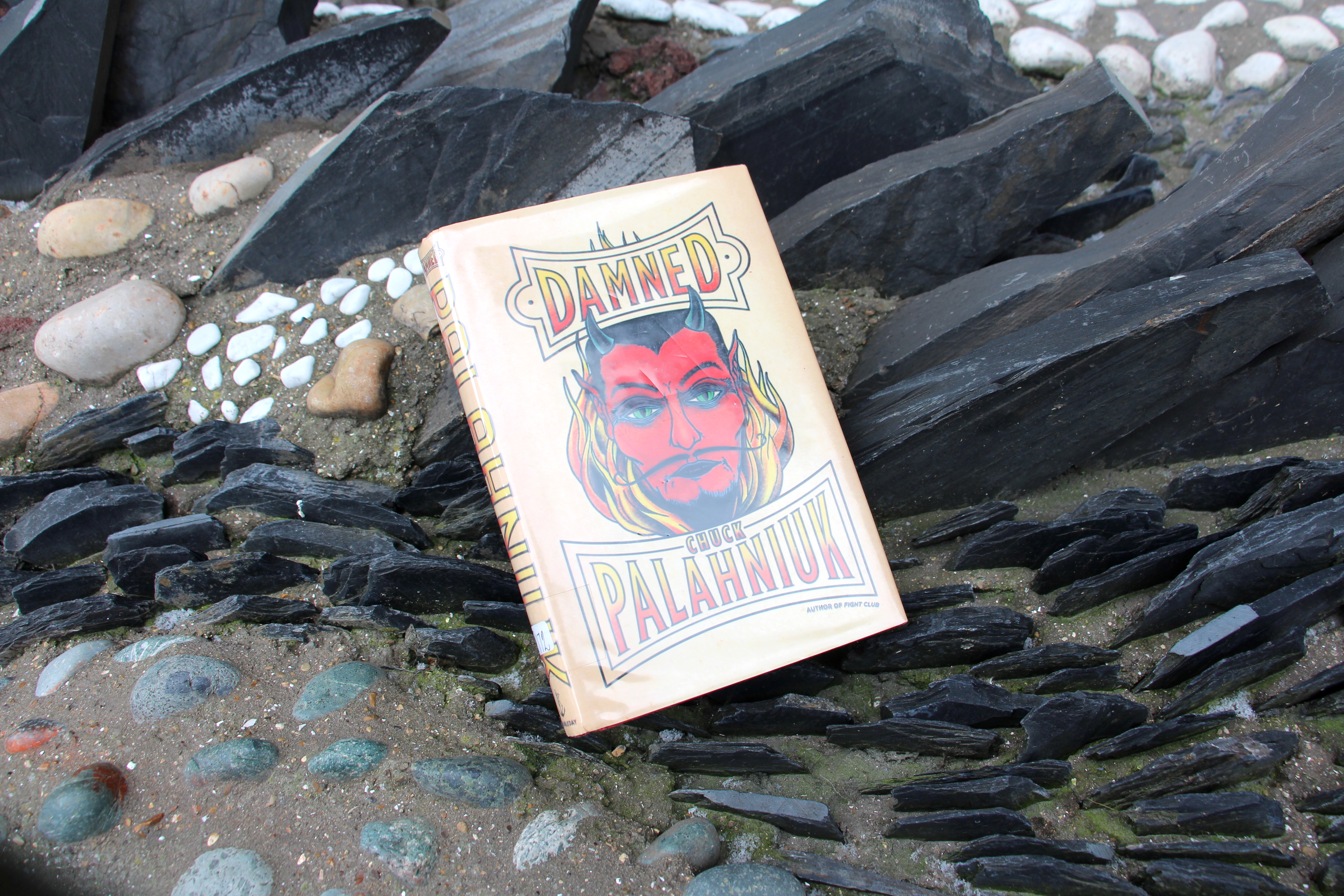When I was in college, I took a class in narrative cinema, and it ruined movie-watching for me for about three years. Through my understanding how movie-writing works – the 20-minute mark that established the beginning of the arc that would rise, climax, and fall into dénouement – the structure became all I could see. Watching a movie became less about enjoying what was going on in front of me and more about analyzing why and how the screenwriter had forced me to feel the very feelings I was feeling.
I stopped watching movies, for a while.
While I’ve gotten over this, the same has become true for novels since I started reading craft books. It’s less overt than with movies – maybe because reading is less passive an activity – but I find myself judging books not only based on whether or not I enjoy them but also based on whether they fit into the mold of craft I’ve come to understand. (And since that mold is always changing, my judgment feels a little bit like a 7th grader writing essays on great literature).
All this to say, my thorough enjoyment of Damned (and my new profession to read pretty much everything Chuck Palahniuk has written) doesn’t detract from the fact that from a craft standpoint, I had a few questions.
But I’m getting ahead of myself. Damned is the story of a pre-adolescent girl who finds herself in Hell after ostensibly dying from overdosing on marijuana. In a blend of Are You There God, It’s Me Margaret? and The Breakfast Club, our heroine explores Hell and, through her job as a telemarketer (one of only two jobs available in Hell, aside from making porn) begins to convince the living of what she’s already convinced the reader: Hell’s not as bad as you’d think (at least not for a chubby pre-teen who’s been tortured by her classmates and ignored by her parents for most of her short life).
Palahniuk’s mastery of voice is unparalleled. In Madison, the daughter of a movie star and a mogul, he has created a character who is adorably unable to extricate herself from the world of grotesque wealth and privilege. Her chosen metaphors and similes call upon her experience in Swiss boarding schools, at resorts, onboard cushy private jets; her knowledge of everything from existentialism and Renaissance European history to Buddhism and the female orgasm provide a glimpse into this childhood that was not a childhood (which is funny in and of itself, given the fact that Madison’s mother has not allowed her to [publicly] age past nine).
Madison’s tools for describing her surroundings are soon outshone by the surroundings themselves: the Hell created by Palahniuk is one where Catherine de Medicis sits upon an Almond Joy throne (candy, after all, is currency in the underworld), and the landscape is dotted with lakes of shit and mountains of fingernail clippings and a never-ending screening of The English Patient.
Existing in this world is enough to distract the reader from the fact that the main character only really seems to come into her own on p. 190. It is here that her quest is set, here that she finds her purpose. She – and the world created – – are so intriguing on previous pages that it’s easy to ignore, but I can’t help but feel that so much of what occurs before this is pre-writing: it’s beautiful and it’s hilarious and it’s voicey and weird… but it makes me wonder if the book starts in the wrong place (a comment I’ve been on the other end of several times).
Damned is the first in a duology (ostensibly someday a trilogy), so this could be a contributing factor to these structural issues. Damned is certainly successful in its creation of a world and a protagonist unlike any other – and as someone who has trouble starting in the right place, it gives me welcome food for thought.
